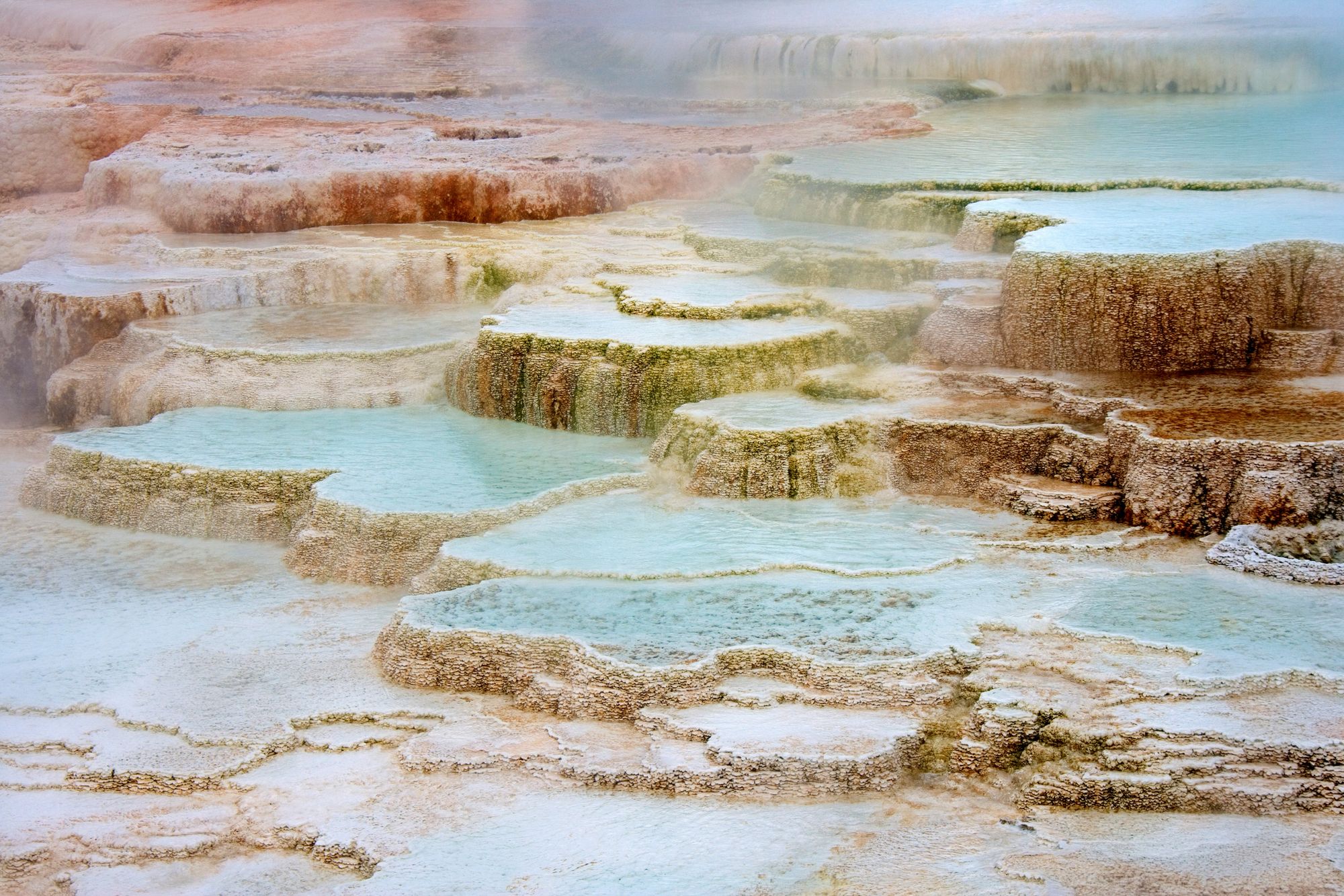Understanding the Process When a Deceased Person in Canada Holds Mineral Rights

In the intricate landscape of estate management, dealing with the assets of a deceased person in Canada becomes even more complex when mineral rights are involved. The exploration, extraction, and ownership of mineral resources introduce legal, financial, and procedural considerations that must be carefully navigated.
In this comprehensive guide, we'll delve into what happens when a deceased person in Canada holds mineral rights, exploring the legal framework, administrative procedures, and potential implications for heirs and beneficiaries.
Understanding Mineral Rights
Mineral rights represent the legal ownership or interest in subsurface resources such as oil, gas, coal, metals, and minerals. In Canada, mineral rights are typically governed by provincial or territorial legislation, which establishes the rights and responsibilities of mineral owners, exploration companies, and government agencies. These rights may be acquired through ownership of land, lease agreements, or specific mineral titles issued by the government.
Legal and Administrative Procedures
Identification of Mineral Rights: The first step in managing mineral rights after a person's death is to identify and assess the extent of their mineral holdings. This may involve reviewing property titles, lease agreements, and any documentation related to mineral exploration or development.
Notification of Authorities: Once the mineral rights have been identified, it's essential to notify the relevant authorities, such as provincial or territorial ministries responsible for natural resources. This ensures that the government is aware of the change in ownership or status of the mineral rights.
Probate and Estate Administration: If the deceased person's mineral rights are part of their estate, the executor or administrator will need to initiate the probate process and obtain legal authority to manage the deceased's affairs. This may involve applying for probate in the appropriate court and obtaining a Certificate of Appointment of Estate Trustee.
Transfer of Ownership: Depending on the nature of the mineral rights and the deceased person's estate plan, ownership of the mineral rights may need to be transferred to heirs, beneficiaries, or other parties. This may require legal documentation, such as deeds of conveyance or assignment, to effect the transfer of ownership.
Financial and Tax Considerations
Valuation of Mineral Rights: The valuation of mineral rights can be complex and may require specialized expertise. Factors such as market conditions, geological assessments, and development potential can influence the value of mineral assets.
Capital Gains Tax: The disposition of mineral rights may trigger capital gains tax implications, depending on the increase in value since acquisition and the deceased person's tax status. It's essential to consult with tax professionals to understand the tax implications of transferring or selling mineral rights.
Royalties and Income: If the deceased person was receiving royalties or income from mineral rights prior to their death, arrangements will need to be made to ensure that these payments continue to be received by the appropriate parties. This may involve updating payment instructions or transferring ownership of royalty interests.
Environmental and Regulatory Considerations
Compliance with Regulations: The exploration and development of mineral resources are subject to various environmental and regulatory requirements at the provincial, territorial, and federal levels. It's essential to ensure compliance with these regulations when managing mineral rights after a person's death.
Environmental Liabilities: The transfer of mineral rights may entail assuming responsibility for any environmental liabilities associated with past or ongoing exploration and development activities. It's crucial to conduct due diligence to identify and address any potential environmental risks.
Managing mineral rights after the death of a person in Canada requires careful consideration of legal, financial, and regulatory factors. By understanding the legal framework, administrative procedures, and potential implications for heirs and beneficiaries, individuals can navigate the complexities of mineral asset management with greater confidence and efficiency. From identifying mineral holdings to transferring ownership and addressing tax and regulatory requirements, proactive management of mineral rights ensures that the deceased person's interests are protected and their assets are managed responsibly.
By seeking professional advice and leveraging available resources, individuals can effectively manage mineral assets as part of the broader estate administration process.




